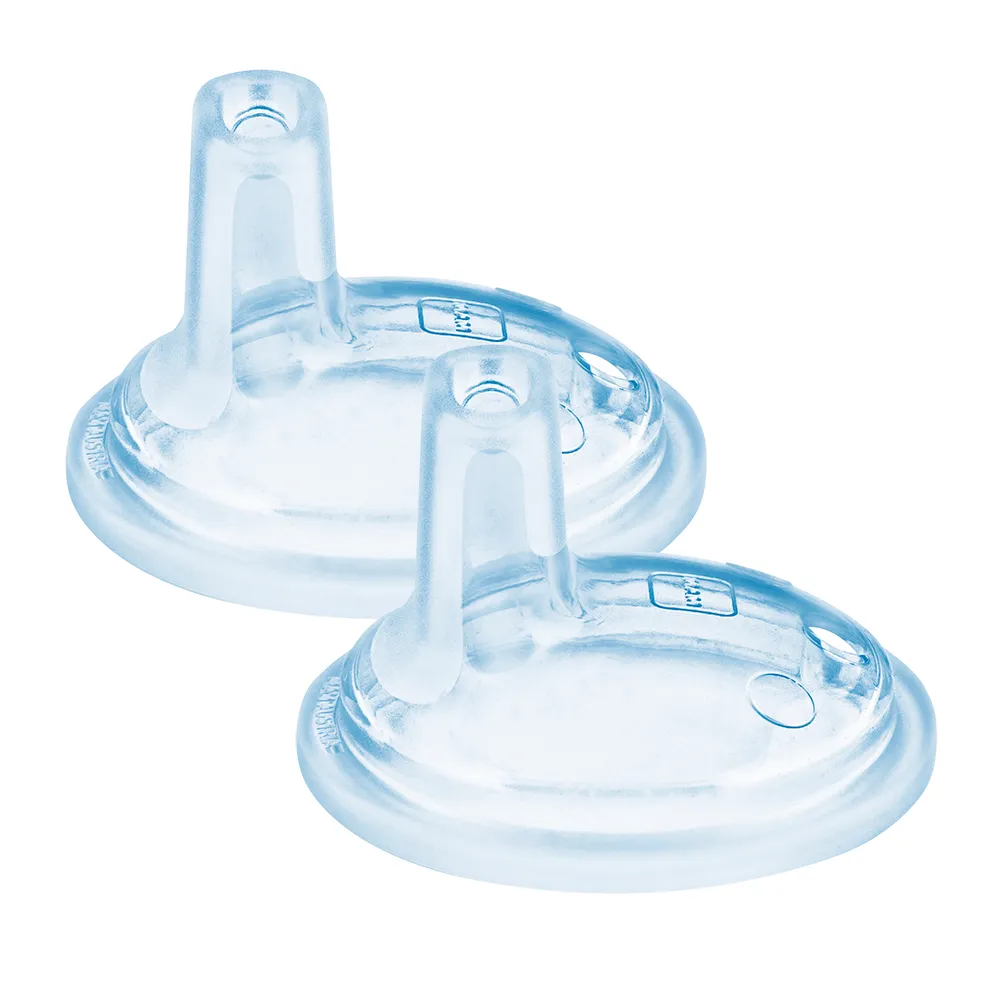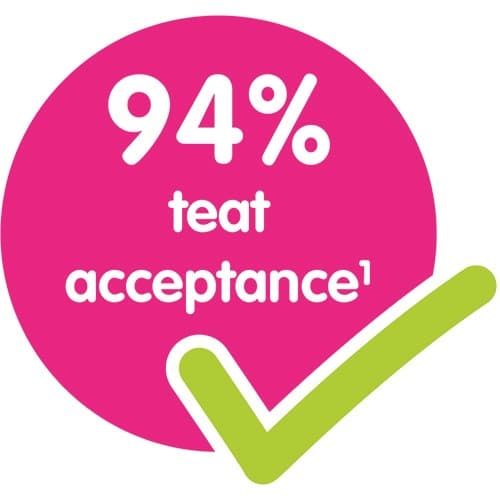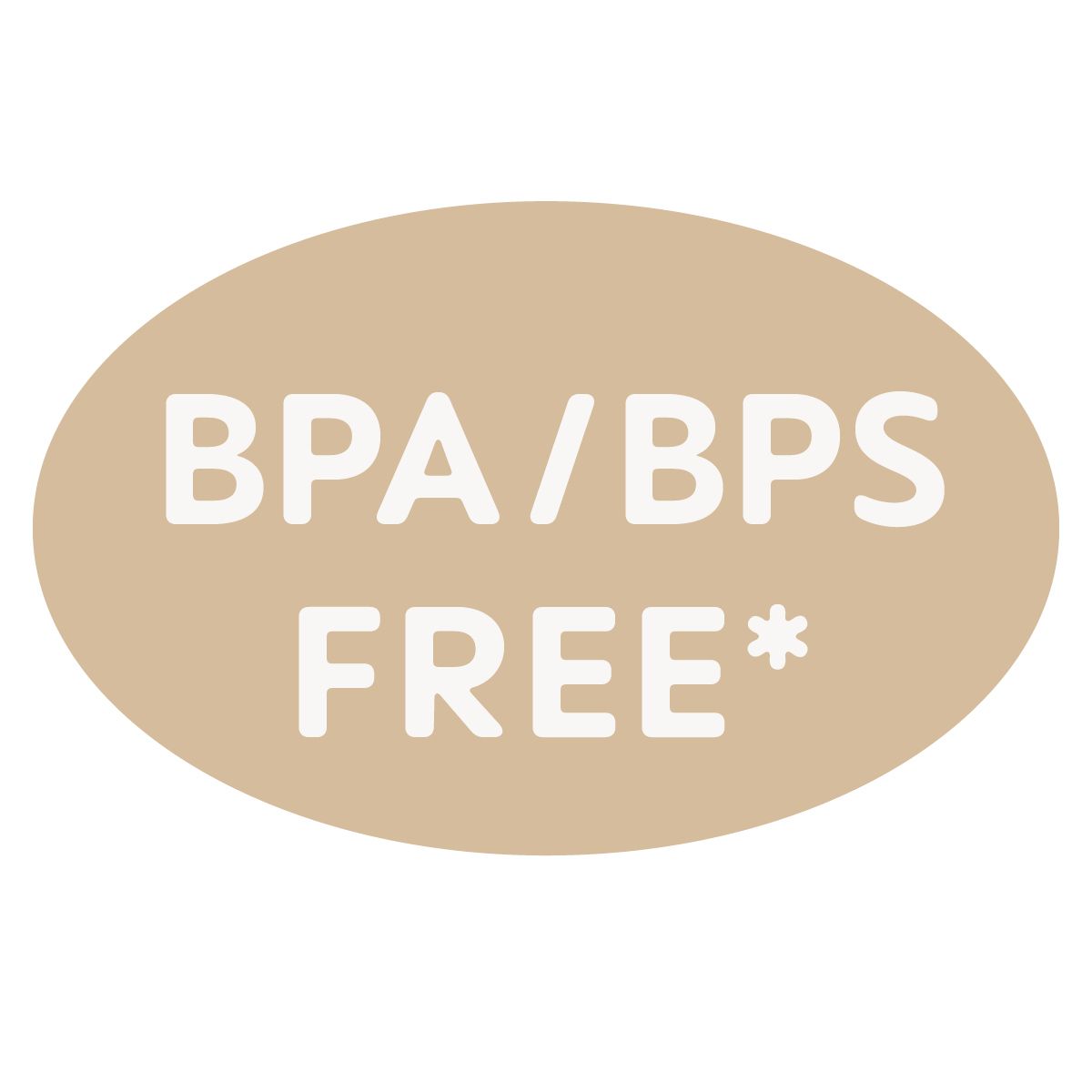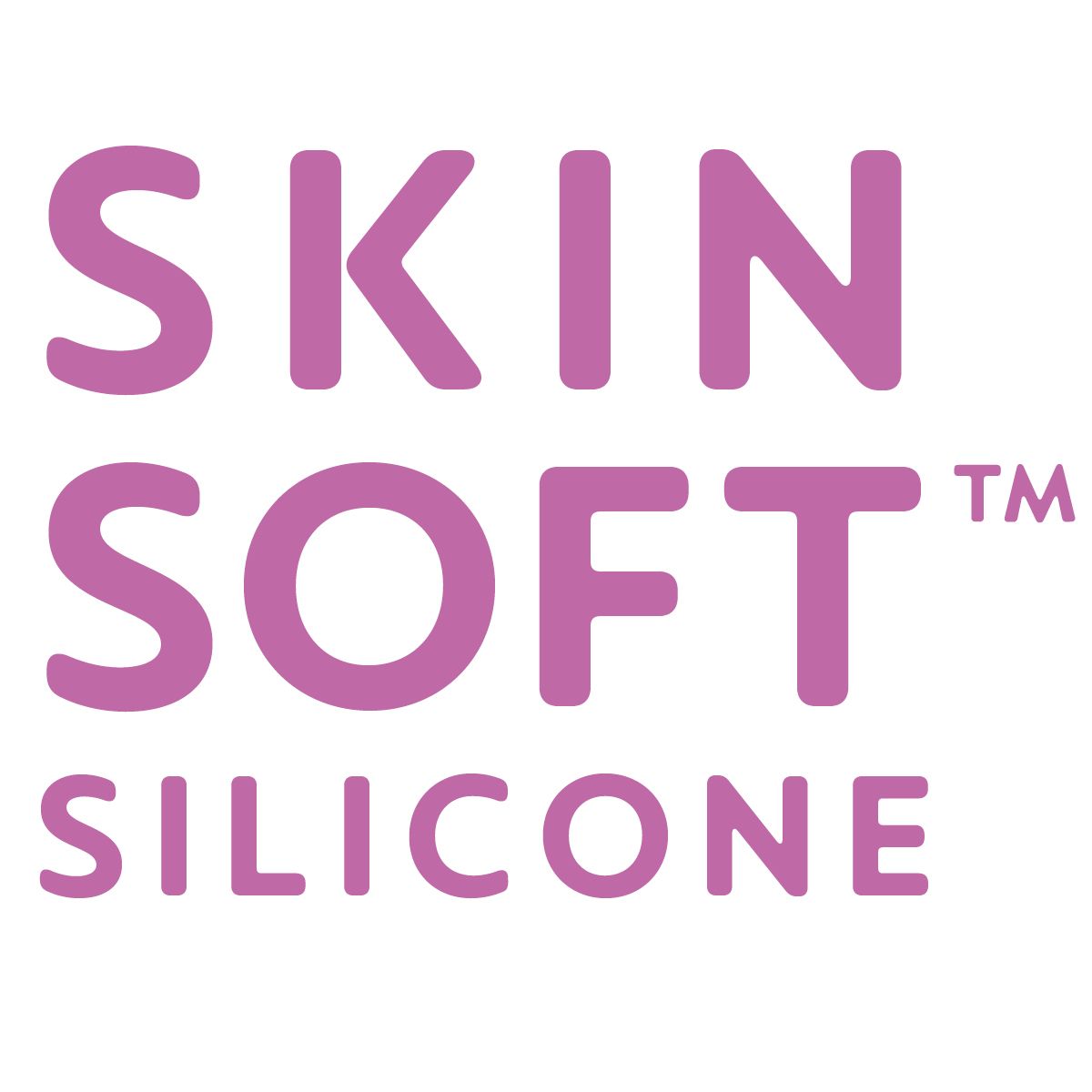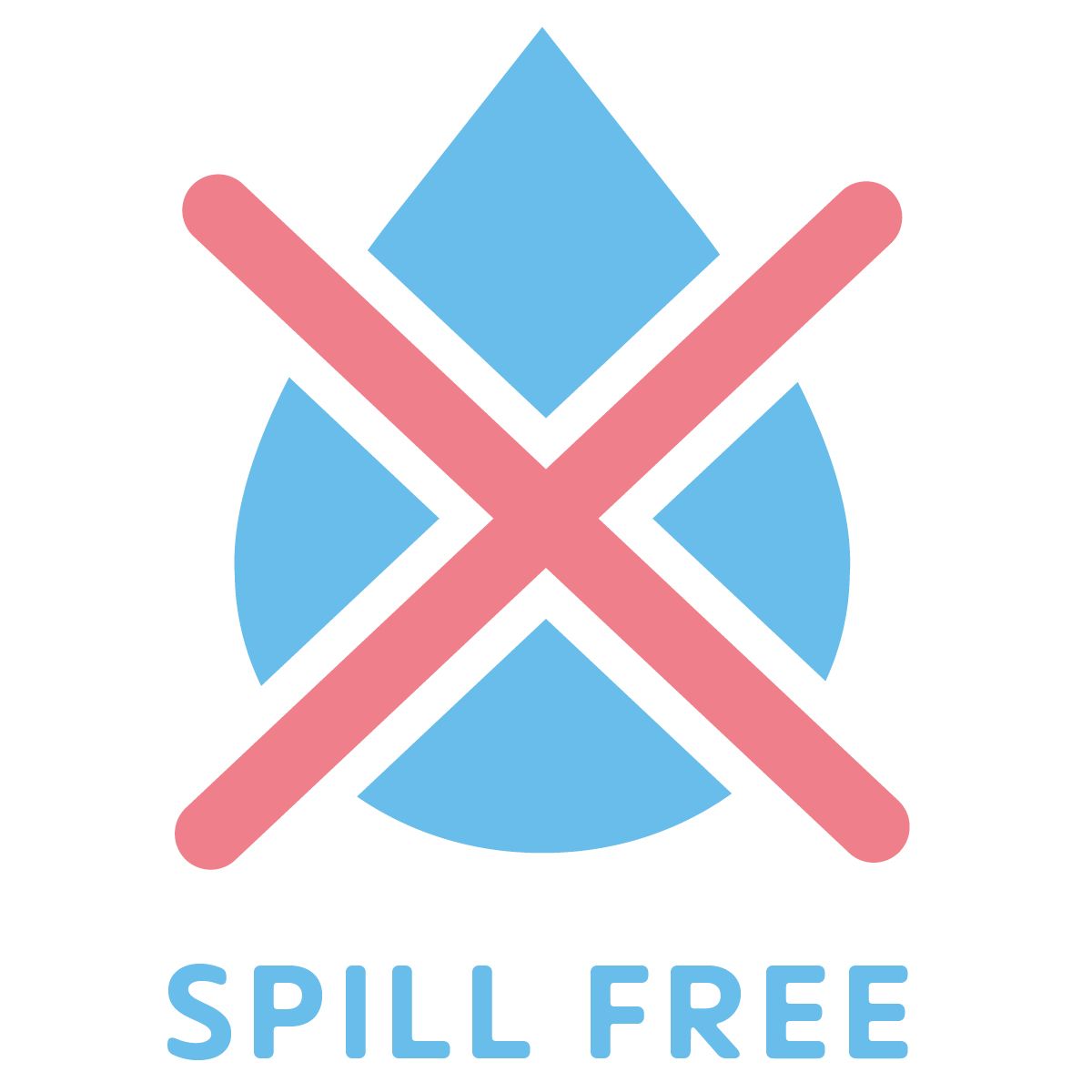Extra Soft Cup Spout - for Drinking Cups
La boquilla especialmente blanda facilita la transición de la lactancia o del biberón al vaso.
- Antiderrames - perfecto para que el bebé desarrolle las habilidades para beber
- Los bebés se adaptan fácilmente a la tetina MAM que, gracias a su superficie de silicona SkinSoft™ y a su exclusiva forma plana, ofrece una sensación muy familiar
- Se adapta a todos los vasos MAM

1. RANURA DE APERTURA
Antiderrames, perfecto para que el bebé desarrolle las habilidades para beber. Los bebés pueden controlar por sí solos el caudal.
Aceptada por el 94%* de los bebés.
Un paso más para poder beber de un vaso sin requerir ayuda.
| Etapas de la vida: | 4+ meses |
|---|---|
| Material de la tetina: | Silicona |
MAM es sinónimo de calidad
¹ Estudio de mercado 2009-2020, realizado con 1,572 bebés.
Four-month-old babies love drinking from a cup. The MAM Cup range provides them with the ideal support here. This will ensure that baby makes the perfect transition from breastfeeding or bottle feeding to independent drinking.
Bisphenol A (BPA) is an important component for the manufacturing of polycarbonate (PC), whereas Bisphenol S (BPS) is an organic chemical used to make polysulfone. Among other items, food packaging, plastic utensils and baby bottles are just a few examples of products made with PC, whereas the main usage of BPS is in thermal papers and inks. The problem: Trace amounts of chemical substances gradually leach out of the plastic into the food and might eventually get into the body. This can affect small children and infants in particular.
As a result of exposure to BPA, experts and studies have seen disruptions to the hormone system and brain, diabetes and heart damage as well as an increased risk of cancer. Although scientific evidence is not yet conclusive, the European Commission - based on the precautionary principle - has banned the usage of BPA in baby bottles in order to protect the health and safety of babies and small children.
¿Otras preguntas?
Escríbenos y te responderemos lo antes posible
ESCRÍBENOS
